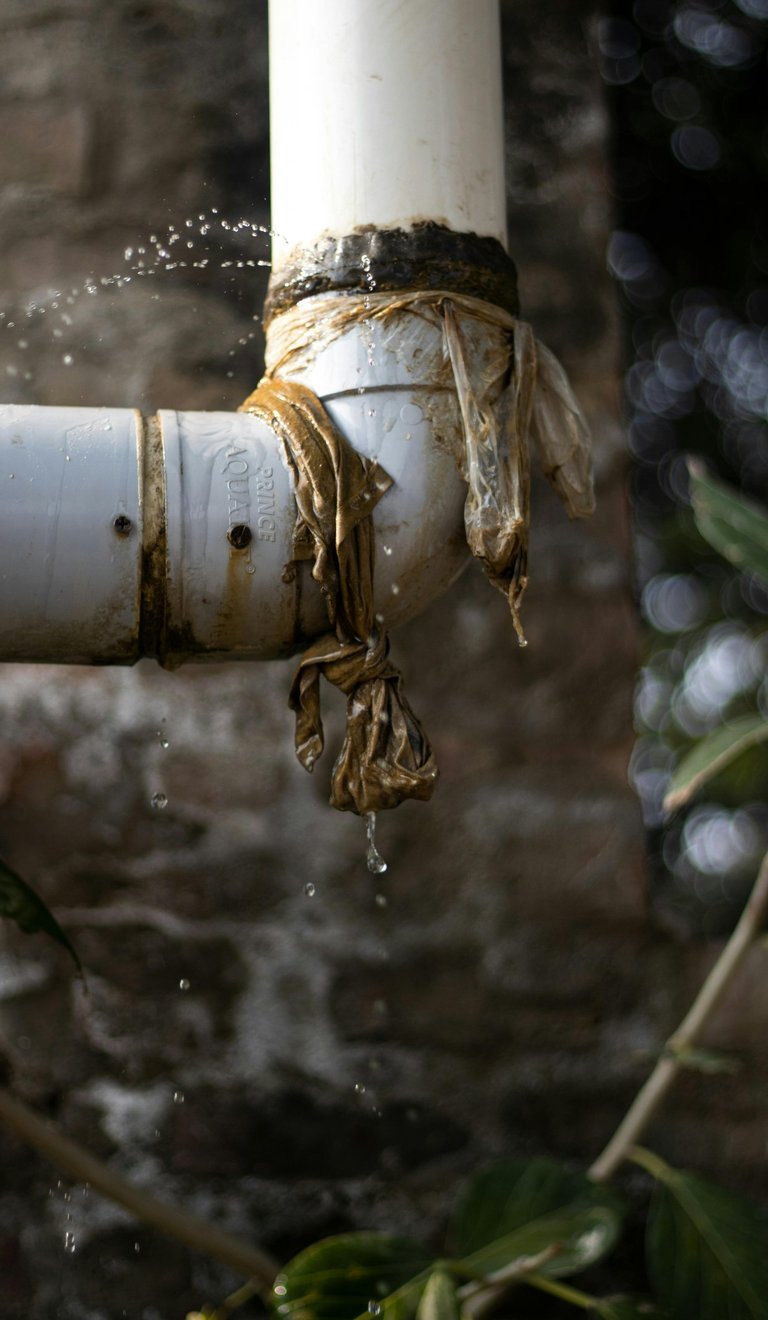Emergency Response
Behind every door, there's a story... and a to-do list. When the Unexpected Knocks, You Answer!
MANAGER'S CORNERBLOG
1/6/20253 min read


Emergency Response
When the Unexpected Knocks, You Answer!
Emergencies don't send an invitation—they just show up unannounced, and it's your job to handle them like a pro. Here’s how you’ll manage those surprise guests:
1.Develop and Implement Emergency Response Plans
Think of this as your playbook for chaos. You’ll design comprehensive emergency response plans that cover everything from fires to floods. It’s like preparing a script for the ultimate action movie—except, in this case, you're the hero.
2.Train Staff and Tenants on Emergency Procedures
You’re the head coach, making sure everyone knows their role in an emergency. Through regular training sessions, you'll ensure that both staff and tenants can execute the game plan flawlessly, whether it’s a fire drill or a full-scale evacuation.
3.Coordinate with Emergency Services During Incidents
When disaster strikes, you're the building’s point guard, directing emergency services to where they’re needed most. Whether it’s guiding firefighters or coordinating with the police, you’ll keep everything running smoothly—just like a well-oiled machine.
4.Maintain an Emergency Contact List for All Tenants
Your emergency contact list is your lifeline. By keeping this list up-to-date, you’ll ensure that you can reach tenants and their families at a moment’s notice—because nothing says “organized” like having all the right numbers at your fingertips.
5.Ensure Emergency Equipment is Accessible and Functional
Fire extinguishers, first-aid kits, defibrillators—you’ll make sure all emergency equipment is ready to go when it’s needed. Think of yourself as the building’s very own safety inspector, always making sure the tools of the trade are in tip-top shape.
6.Communicate Effectively During Emergencies
When things get hectic, clear communication is key. You’ll be the calm voice in the storm, relaying information to tenants, staff, and emergency services without missing a beat. After all, you can’t spell “emergency” without “emerge”—and you’re here to lead everyone to safety.
7.Organize Regular Fire Drills and Evacuation Exercises
Fire drills are your time to shine—organizing them like the ultimate event planner. You’ll ensure that everyone knows the quickest exit and how to stay calm under pressure, turning these drills into a routine that’s second nature for everyone involved.
8.Evaluate and Update Emergency Response Plans Regularly
Just because you’ve got a plan doesn’t mean it can’t be improved. You’ll regularly review and update your emergency response plans, ensuring they stay relevant and effective—because in the world of emergencies, there’s no room for outdated strategies.
9.Assist Tenants with Special Needs During Emergencies
During an emergency, everyone needs to be looked after. You’ll take extra care to assist tenants with special needs, ensuring they’re safe and secure. Your attention to detail could make all the difference when it matters most.
10.Document Incidents and Responses for Future Reference
After the dust settles, it’s time to take notes. You’ll document every incident and response in detail, creating a record that can be used to improve future emergency plans. It’s like writing the next chapter in your building’s safety story—one where everyone makes it out unscathed.


Stay Tuned for More!
Handling emergencies is no small feat, but there's more excitement ahead. In the next blog, we'll dive into the world of Tenant Screening. Get ready to learn how to find the perfect tenants—because not all heroes wear capes, some hold the keys!
